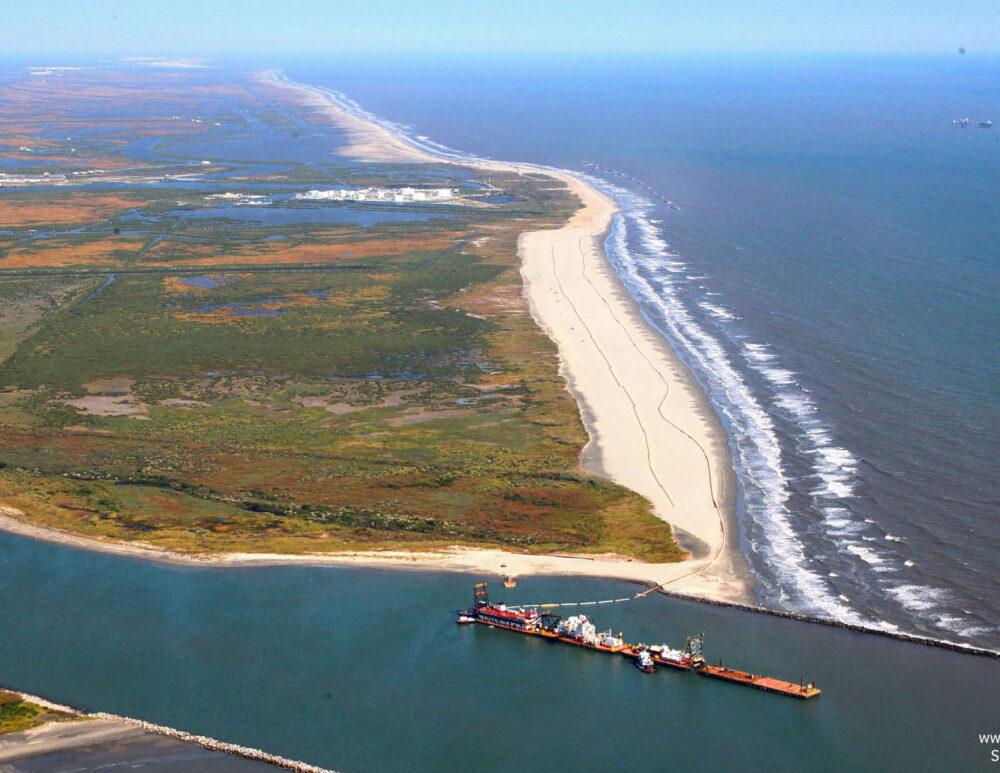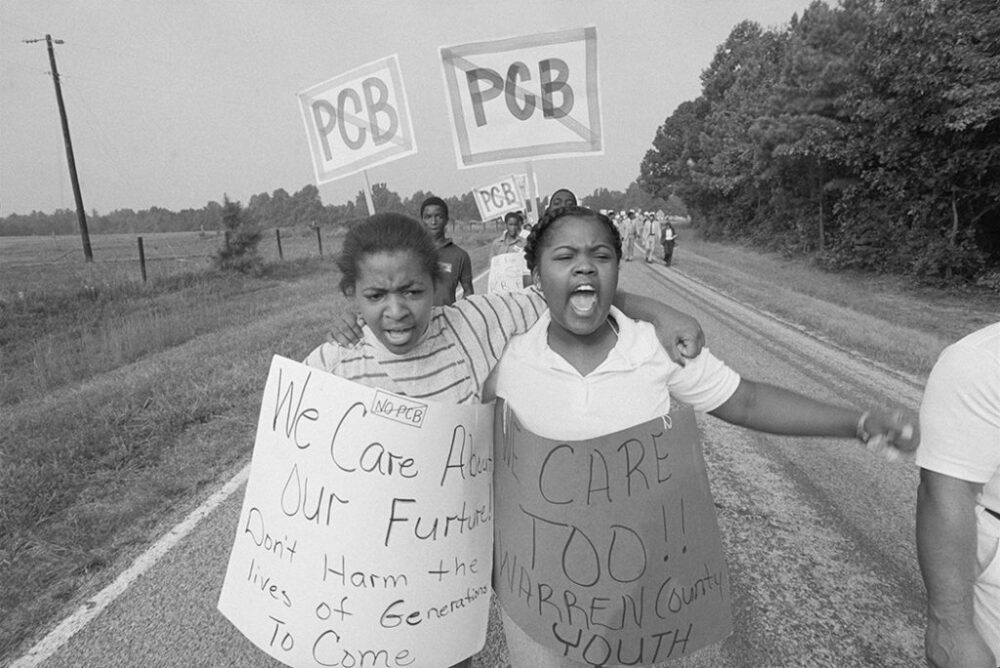We have much more to do and your continued support is needed now more than ever.
Powering Up Progress
Building a Clean Energy Future for All
There are many different definitions of “energy equity” and “energy justice” — and many organizations and individuals with a role to play in advancing both. Our recent roundtable at the 9th annual Symposium on Environmental Justice and Health Disparities focused on the role of the clean energy industry in advancing energy equity and justice. Speakers, which included clean energy developers and advocates, highlighted the need to center communities most impacted by energy injustice, due to histories of disinvestment and systemic racism.
Understand Policy Frameworks
Panelists stressed the need to incorporate equity into clean energy policy, and its implementation. Dr. Elvis Moleka, Vice President of Labs and Data Science at Groundswell noted the importance of examining “all issues for LMI (Low to Moderate Income) communities, “we look at it from a distributional equity perspective, ensuring policies designed involve LMI communities. After looking at those distributional aspects, understand the policy framework and how we can implement that into the work.” Clean energy policy and regulations don’t always align with the needs of communities; engaging communities in policy design can help fix that. Cara Humphrey, Chief Revenue Officer for Maryland-based community solar company Neighborhood Sun, highlighted how her company partners with “CBOs (Community Based Organizations), higher education institutions, faith based organizations, and environmental groups to collaborate on a grassroots level… to educate, and inform, and build trust… working steadfastly to influence policy makers.”
Establish Relations Rooted in Reciprocity
When partnerships are built upon trust and reciprocity, everyone benefits. This process is one that is often lengthy, which can be beneficial in strengthening ties. “It’s gonna take a little while, and that is okay because that builds trust and relationships,” said Jacob Israel Hannah, Chief Conservation Officer at Coalfield Development, an economic development organization in West Virginia.
Erik Antokal, Director of Workforce Development at renewable energy company Ørsted, agreed. “Often a thought process amongst developers is that this is an additional cost we need to incur in order to deliver on energy justice but really it is something that improves the initiative as a whole, it improves the success. What’s important is that long-term relationship building and there is really no substitute for it.”
He highlighted Ørsted’s community advisory approach, which informed the design of the company’s wind turbine technician student cohort. “Many unique aspects of the program including student stipends, the way support of services have been factored in, transportation mechanisms, different bonuses like rock climbing gym memberships were secured because the local community understands the folks we are trying to train and employ best.”

Prioritize Workforce Development
Panelists also stressed the need for the clean energy industry to prioritize holistic workforce development, which is part of energy equity and justice. People — especially those from underserved communities, or who face barriers to employment, need “the tools and the wrap-around services to detangle the generation’s worth of disinvestment, disenfranchisement, and lack of opportunity” said Hannah. When the best interest of the community is put to praxis, transformations within the community can occur.
Red Cloud Renewable provides workforce development for Native Americans across all 574 tribes across the country. One of the ways Red Cloud Renewable works to advance equity in workforce partnerships is enabling more Native American women to become solar installers. Red Cloud Renewable is able to utilize federal money to pay for the services many of them need. “We don’t want the fact that a Native American woman is a mother to stand in the way of attaining a career or pursuing a career so we celebrate that, we champion it, we thank her and we offer travel stipends, we offer child care” recounted John Red Cloud, Managing Director of Red Cloud Renewable. Red Cloud Renewable embodies what it means to distribute the benefits of solar equitably throughout their community.
A Just Transition
Some of the panelists in this roundtable are partners in NWF’s Thriving Communities Technical Assistance Center, which will help underserved, overburdened and rural communities address environmental and energy justice issues — including via engagement with the clean energy industry.
Learn more about the TCTAC here.





















